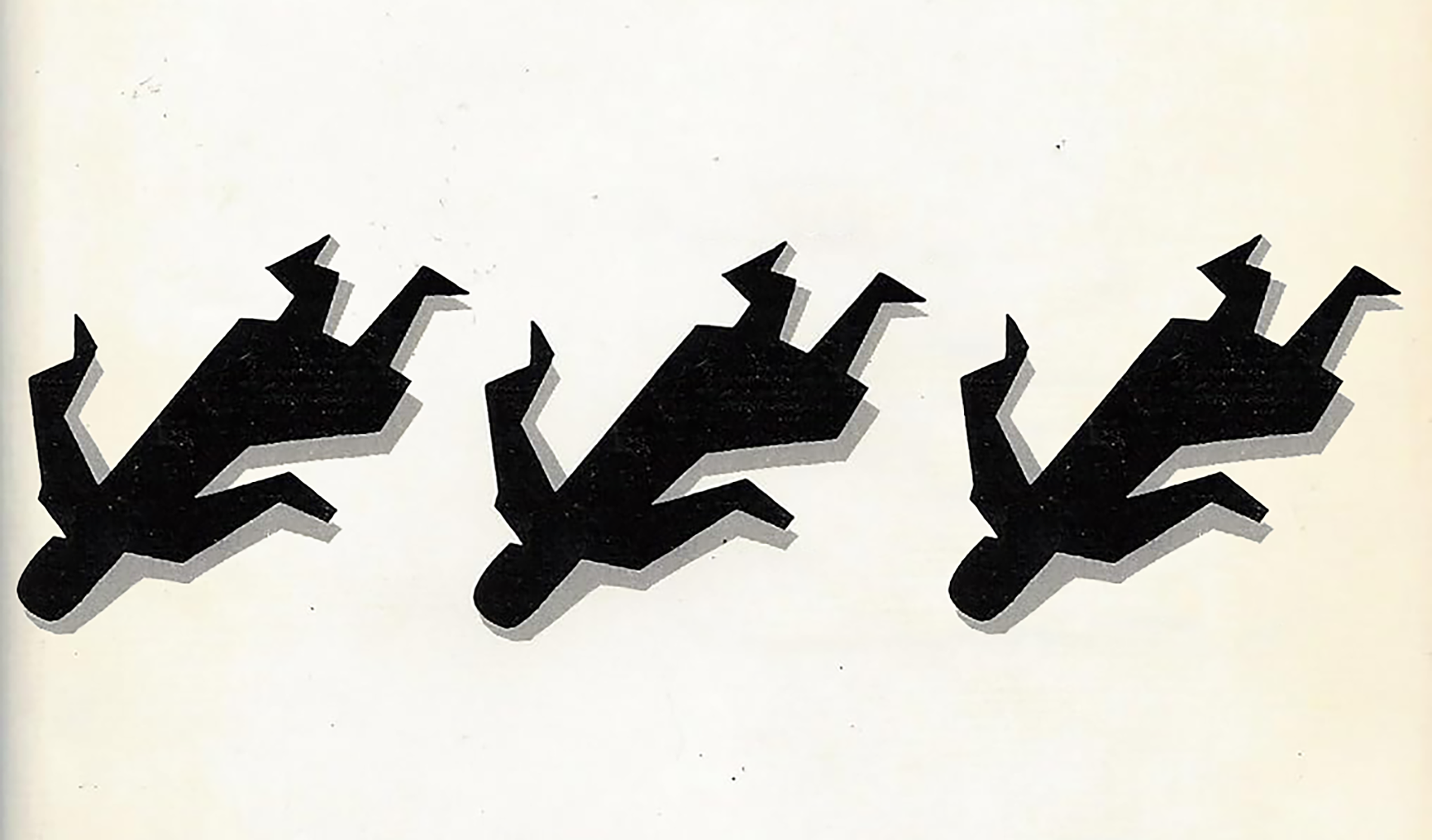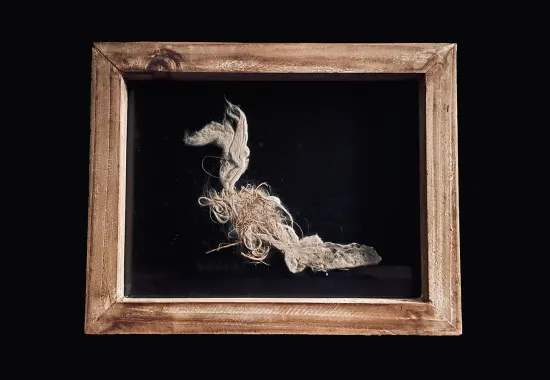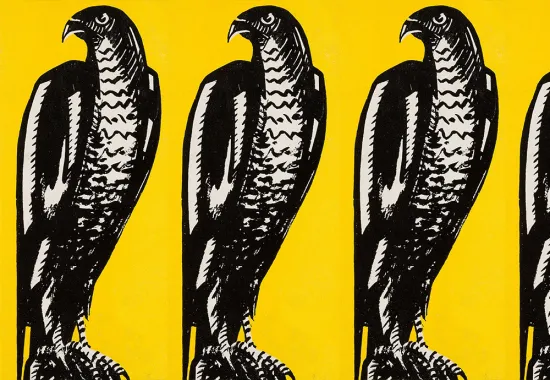“Doubling and the Intelligent Mistake in Georges Simenon’s Maigret’s Madwoman”
Doubling is a classic plot feature to Erle Stanley Gardner’s Perry Mason mysteries with their proliferation of two guns and a cache of switched identities complicating the narrative’s causality. But in these cases, as in Conan Doyle’s Sherlock Holmes adventures and Agatha Christie’s Hercule Poirot sagas, our protagonist remains untouched: calm, always in control, extremely confident. All three men are fixed in their personas and inflated egos.
By contrast Georges Simenon nuances this doubling of plot components by layering within them Inspector Jules Maigret’s character choices. The first choice is not always the best choice. Maigret, a man of the people who enjoys dropping into a bistro for a beer in the middle of a case or slipping “a long while under the bubbles of the bath water,” is fallible, vulnerable, and capable of change.
In his essay “Dysfunctional Narratives,” Charles Baxter describes the intelligent mistake as a narrative device where a character makes an error in judgment that seems reasonable, but his error drives the plot forward. These mistakes reveal character biases, create tension (how to right the wrong?), and often lead to a moral reckoning.
In Maigret’s Madwoman (translated by Sîan Reynolds) Maigret refuses to take an old woman’s concerns seriously. He believes that Madame Antoine de Caramé may be “touched” or somewhat senile. She claims that someone has been breaking into her apartment while she’s out at the park in Tuileries. She can tell because, upon her return home, things aren’t where she left them and square-angled paintings are now canted. And no, she informs Maigret, she doesn’t have a cat upsetting the apartment’s mise-en-scene.
Maigret, somewhat like a doctor performing triage in a hospital’s emergency room, doesn’t prioritize her case among the many he’s working on. This choice initially appears reasonable. Later she corners him on the street, tells her story, and he’s struck by light gray eyes that “seem to shine with sincerity and goodness.” He decides to check on her story, but he waits a little too long, and she’s murdered, smothered to death.
Her challenge spins the climax toward a moral reckoning. Maigret goes into the final interrogation with Angèle with a kinder heart, wondering how he might have treated her if she’d been pretty.
A failure to act was Maigret’s first mistake. Now, racked with guilt, he throws himself completely into investigating her death. The “goodness” apparent in her eyes informs his second mistake, a misreading that affects how he treats others. He initially dislikes Madame Antoine de Caramé’s niece, Angèle Louette, because he catches her in a series of lies and disapproves of her strong dislike for her aunt. But when we later hear Angèle’s story, the reasons for her anger—her comfortably-living aunt had refused to lend so much as a helping hand when the unwed Angèle was pregnant—we understand the circumstances behind her feelings and why Simenon qualified the apparent “goodness” of the old woman’s eyes with a “seem to shine.”
Ultimately, Maigret’s Madwoman case hinges on a series of doublings crystallizing into two prime suspects: Angèle and her lover, Big Marcel. As Maigret targets each he eventually confronts his errors in judgment and discovers that they are not based on mere logical step-by-step deductions: “she was tall and heavily built, with man-sized shoulders”; “The niece is massive, built like a man”; “She wasn’t beautiful, had never been pretty. And as she got older, she was starting to put on weight.” Because the woman is not traditionally “feminine,” and she’s assertive and aggressive, Maigret’s perspective is skewed and full of biases.
Maigret’s change in outlook depends on a foil, his wife, Madame Maigret. During a dinner time conversation she functions as the emotional counterweight to Maigret’s professional detachment. She empathizes with the suspect’s more aggressive, nontraditional femininity. When she hears that a nickname for Angèle is the pejorative “Gendarme,” she challenges her husband: “Is that what you call the poor woman?” Maigret responds by saying the woman is “charmless,” and Madame Maigret, pushing the narrative’s moral compass, pursues her woman-to-woman perspective, accessing insights that remain invisible to her husband: “Yes, certainly . . . Because men didn’t come courting her, she had to resign herself to taking another approach with them.”
Her challenge spins the climax toward a moral reckoning. Maigret goes into the final interrogation with Angèle with a kinder heart, wondering how he might have treated her if she’d been pretty. Simenon: “Maigret looked at her differently from the previous times, feeling a little awkward, perhaps because he was remembering his wife’s words from the evening before.”
He’s now in the realm of uncomfortable self-examination, starkly questioning himself, and coming to terms with his misjudgments. Angèle, too, chastens Maigret into further self-recognition by asking “Why do you hate me?”
That questioning by Madame Maigret and Angèle of Maigret’s personal prejudices finds its answers in the novel’s final doubling. One of Maigret’s Madwoman plot lines centers around comments over inheritance. Earlier, Angèle’s son, whom Maigret takes a liking to because he’s straightforward and honest, says about his mother’s relationship to his grand Aunt, “She couldn’t stand her. I’ve often heard her say with a sigh: ‘When’s the old bird going to hop the twig’” A concierge later informs Maigret that Angèle had said, “But luckily one day, I’ll inherit from my aunt!” Does this make her a prime suspect for murder?
After Maigret has broken Angèle with the news of her lover’s execution by the French mob, she collapses, and in a completely vulnerable state tells her story without subterfuge. She wasn’t an accomplice in the murder, but she muddied the details of the case to obscure the suspicions placed on her lover, and the reason she told him about the inheritance had nothing to do with plotting a killing but with a desperate attempt “To try and hang on to him.”
Maigret, moved by this confession, rips up the arrest warrant. Big Marcel acted alone. Angèle can’t find the words, but she’ll never “forget” what he has done for her, and I suspect Maigret will never forget his errors in judgement. Simenon’s application of the “intelligent mistake” makes the investigator’s biases an essential component to the mystery, adding psychological depth, and transforming what might otherwise be a straightforward procedural plot into a character-driven journey that is a defamiliarized and compelling morality tale.
Recommended
A Behind the Scenes Look at Art Selection and Cover Design for the NAR
What the Birds Showed My Wounded Child, My Adaptive Adolescent, & My Wise Adult
Dashiel Hammett’s The Maltese Falcon: Point of View and Playing with the Poetics of Uncertainty






